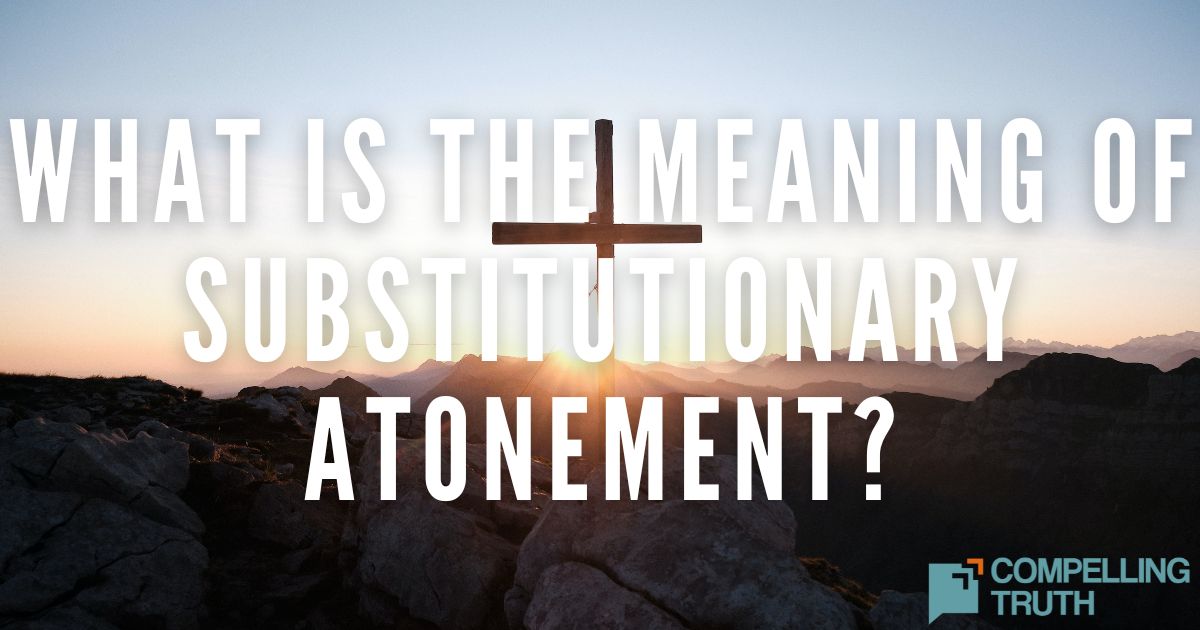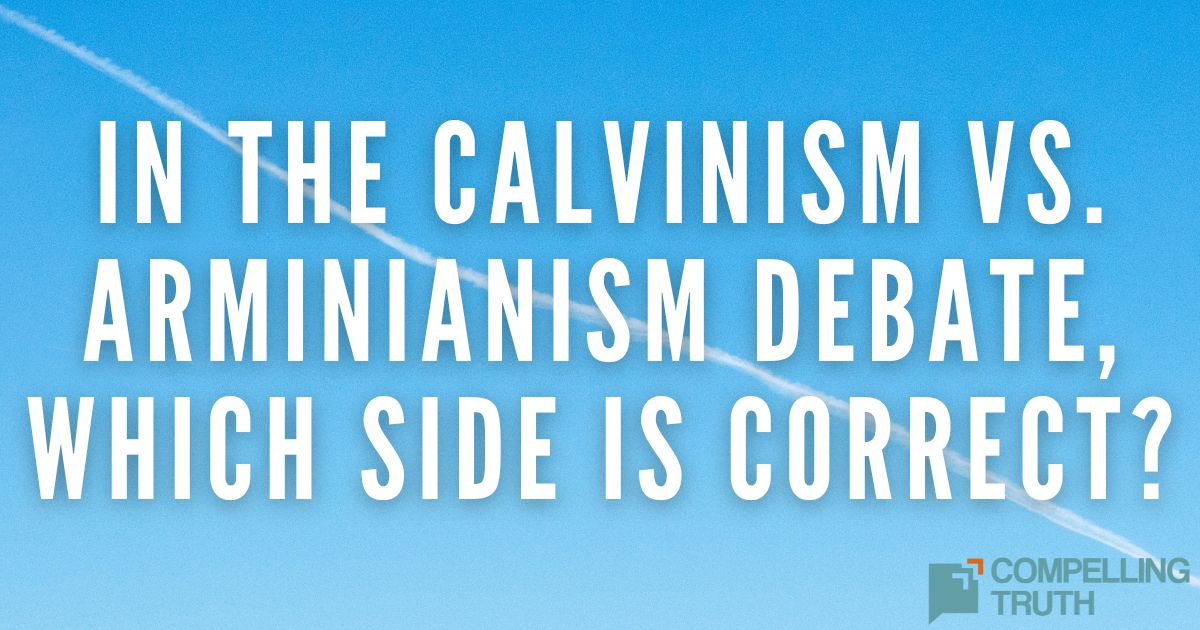what does the bible say?
Christians agree that salvation is entirely dependent on the atoning death of Jesus Christ, yet they differ in how far that atonement extends. Limited atonement teaches that Jesus’ death was intended specifically and effectively for those whom God chose to save. Unlimited atonement, on the other hand, holds that Jesus’ death was sufficient for all people, though it becomes effective only for those who believe.
Those who hold to unlimited atonement point to verses that speak of Christ dying for “the world” or “all.” They cite passages such as John 3:16, where God’s love extends to “the world,” and 1 John 2:2. They also reference 1 Timothy 2:6 and Hebrews 2:9, which affirm that Christ gave Himself as a ransom “for all.” Those who hold to unlimited atonement understand these texts to mean that Jesus’ sacrifice was sufficient for all and offered to all, even though it is applied only to those who believe.




